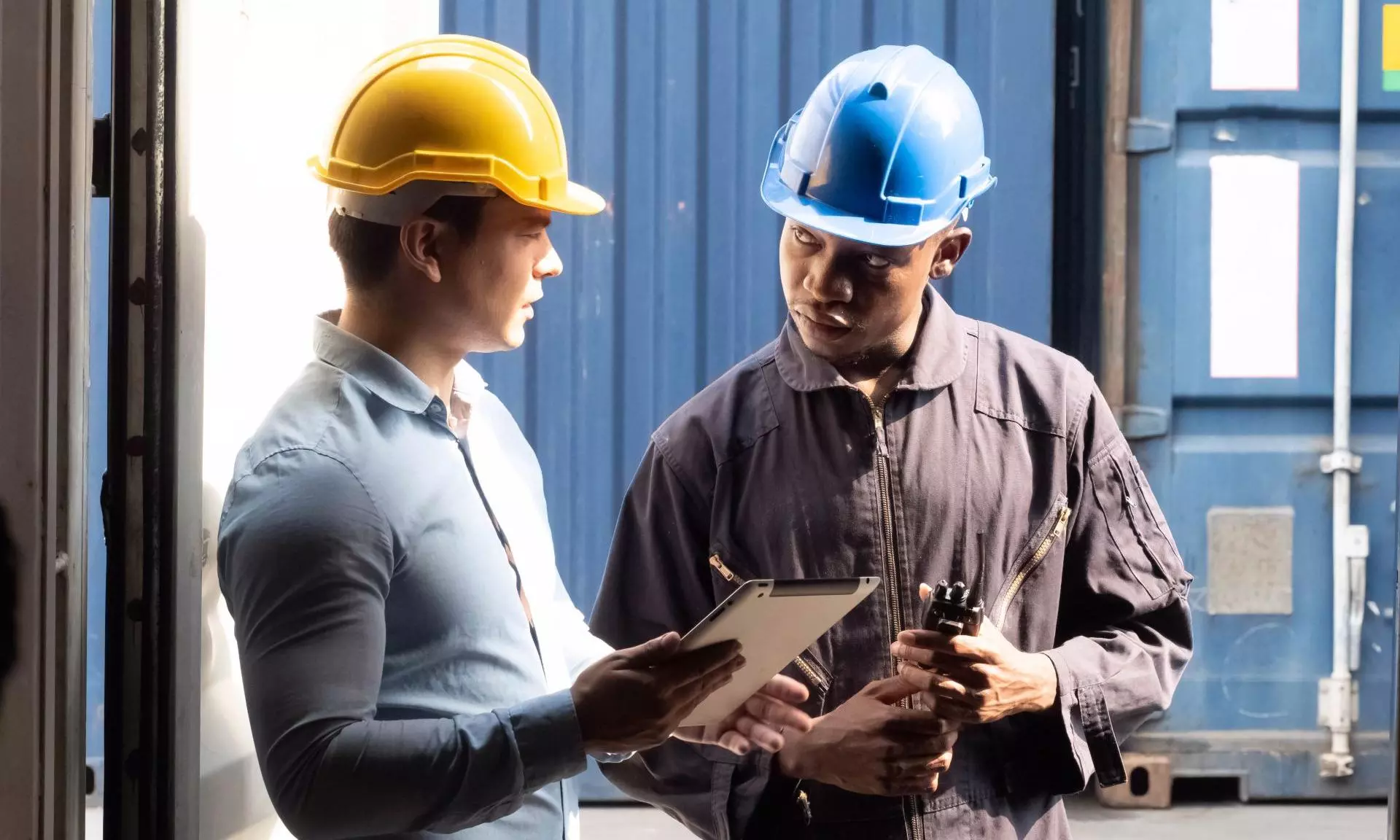How to transform logistics workforce for tomorrow's supply chain

In light of the significant transformations characterizing the global logistics sector in recent years, it has become imperative for organizations to align their operations with the evolving trends. In 2024, the logistics industry stands at the forefront of global transformation, influenced by unparalleled technological advancements and shifting economic landscapes. Yet, amidst this digital revolution, lies the heart of the industry – its people. For organizations to not just survive but lead in this dynamic era, a dual focus on technological innovation and workforce empowerment is essential. To remain competitive and efficient in this dynamic context, businesses must proactively reorient their logistics workforce to cater to the anticipated requirements within the realm of supply chain management.
According to the Grant Thornton report, the logistics industry is experiencing robust growth, with an annual growth rate of 10–12%, contributing 14.4% to the country's GDP. This sector employs over 20 million individuals. A notable segment within logistics, the warehousing storage sector, is expanding at an even more accelerated Compound Annual Growth Rate (CAGR) of 15.64%, projected to reach a market valuation of USD 35 billion by 2027. The Indian warehousing sector has become a cornerstone for resilient supply chains, propelled by the surge in e-commerce, government initiatives, and technological innovations. The fiscal year 2023 witnessed a remarkable upsurge in the Indian warehouse market transactions, amounting to 51.3 million square feet.
As we keep moving forward and beyond, enterprises must adapt and transform their logistics workforce to adequately meet future supply chain demands. The following key trends are essential considerations in navigating this transition:
Embracing the automation age
The shift from manual labor to automation – from robotic arms to autonomous drones – is not just a technological leap but a human one. Organizations must invest in extensive training and development programs to help their workforce transition to these new technologies. This includes not only technical training but also soft skills development, ensuring employees are adaptable, critical thinkers, problem solvers, and capable of working alongside advanced technologies.
Data-driven decisions
As real-time data analysis becomes the backbone of logistics, it's imperative that employees are skilled in data analytics, cloud computing, and cybersecurity. Companies should establish continuous learning cultures, offering workshops, courses, and certifications to keep their teams ahead of the curve.
Blockchain for trust and transparency
Training in blockchain technology goes beyond technical know-how. It's about building a workforce that understands the implications of transparent, secure transactions and is ready to innovate in this space. Interactive training sessions and practical applications in day-to-day operations can demystify this technology for employees.
Championing sustainable logistics
Sustainability is no longer optional. Training teams in green logistics practices like developing carbon-neutral supply chains is crucial. Moreover, fostering a culture where employees are encouraged to propose and implement eco-friendly solutions can lead to groundbreaking innovations.
Mastering omni-channel logistics
The fusion of digital and physical logistics channels demands a workforce skilled in diverse areas. From technical logistics management to customer service excellence, training should be holistic, preparing teams to offer seamless and well-rounded customer experiences across various platforms.
The path forward
To lead in this new age of logistics, companies must prioritize their most valuable asset – their people. The 'Workforce Hopes and Fears Survey 2023: India Perspective' by PwC shows that 75% of Indian employees trust their employers to enhance collaborative skills. This emphasizes the need for a collaborative framework involving governments, educational bodies, and private sectors. Such a unified approach is key to fostering continuous learning and skill advancement in the logistics workforce, ensuring they remain adept in a dynamic industry. Emphasizing microlearning, collaborative projects, and employee wellbeing are key to building a resilient, adaptable, and innovative workforce.
As we navigate the future of logistics, it's not merely about adapting to technological shifts but about harmonizing these advancements with a skilled, empowered, and future-ready human workforce. Companies that excel in this balanced approach will not only set industry benchmarks but will also drive sustainable, long-term growth in an ever-changing global landscape. This proactive, people-centered approach is the cornerstone of not just surviving change but thriving in it, leading the way in the dynamic world of logistics.

Geoster Xavier
He is the head of supply chain management at NEC India, which is into the integration of IT and network technologies and brings more than 100 years of expertise. Headquartered in Japan, NEC started operations in India in the 1950s.


